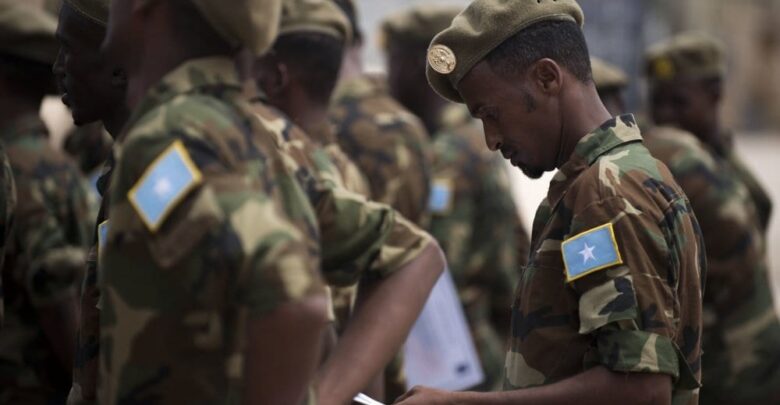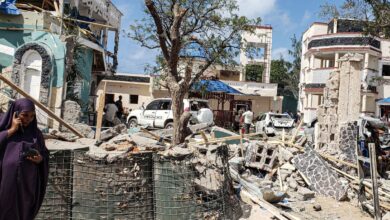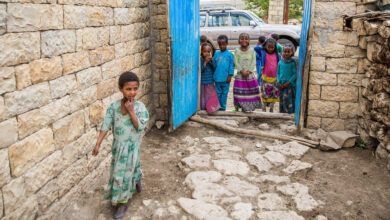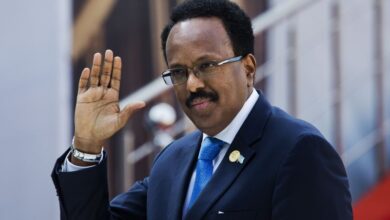Somalia
Somalia’s Government: UN Arms Embargo Impedes Efforts To Rebuild Army

Somalia’s government on Friday said that the United Nations Security Council’s arms embargo extension hinders the nation’s efforts to rebuild its national army and security forces to counter terror threats, reported The TRT World.
On Friday, the Somali government urged the UN to seriously consider the Africa Union Peace and Security Communique in July that called for the urgent lifting of the embargo.
The Security Council resolution was passed by a vote of 11-0, with Russia, China, Gabon and Ghana abstaining in support of Mogadishu, backed by the African Union, to lift the arms embargo. The resolution, however, modifies the arms embargo to reflect the government’s progress in improving its management of weapons and ammunition.
The arms embargo was imposed by the UNSC on Somalia in 1992 to reduce the flow of weapons to feuding clan-based strongmen who toppled leader Mohamed Siad Barre the previous year, plunging the country into civil war.
Abukar Dahir Osman, Somalia’s permanent representative to the UN, described the extension as unjust and unfair double standards. He said the arms embargo is preventing the Somali government to legally obtain military lethal equipment to rebuild the country’s national army.
Osman warned that the arms embargo, which is the longest UN sanctions regime, is hindering efforts to rebuild the country’s security forces to counter Al Shabab.
He said that the army used a major portion of its armaments during engagements with Al Shabab in the last four months, and as a result of the arms embargo renewal, the government’s hands are tied up in the fight against the rebel group at this most critical time.
Osman said victims of Somalia’s terrorist groups are asking why lifting the arms embargo is a threat to international peace and security while other countries are being armed to defend their territory and people.
According to the UN data, there were at least 651 killed and 867 injured in terror attacks in Somalia in 2018. That was followed by 591 killed and 868 injured in 2019.





